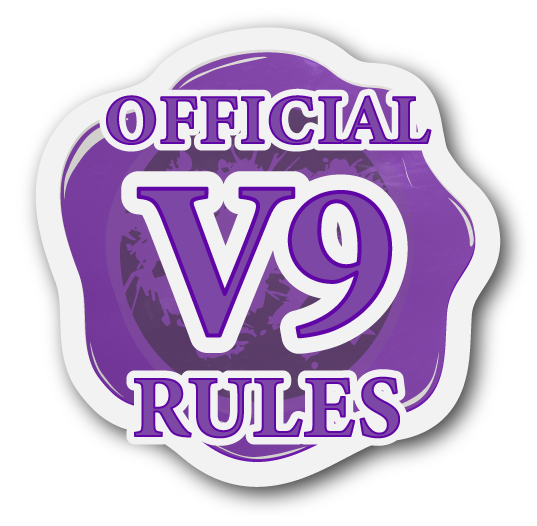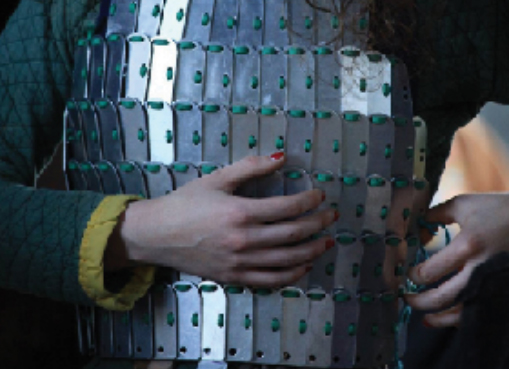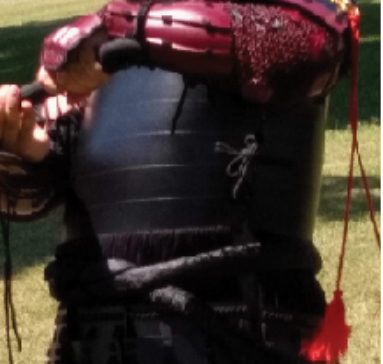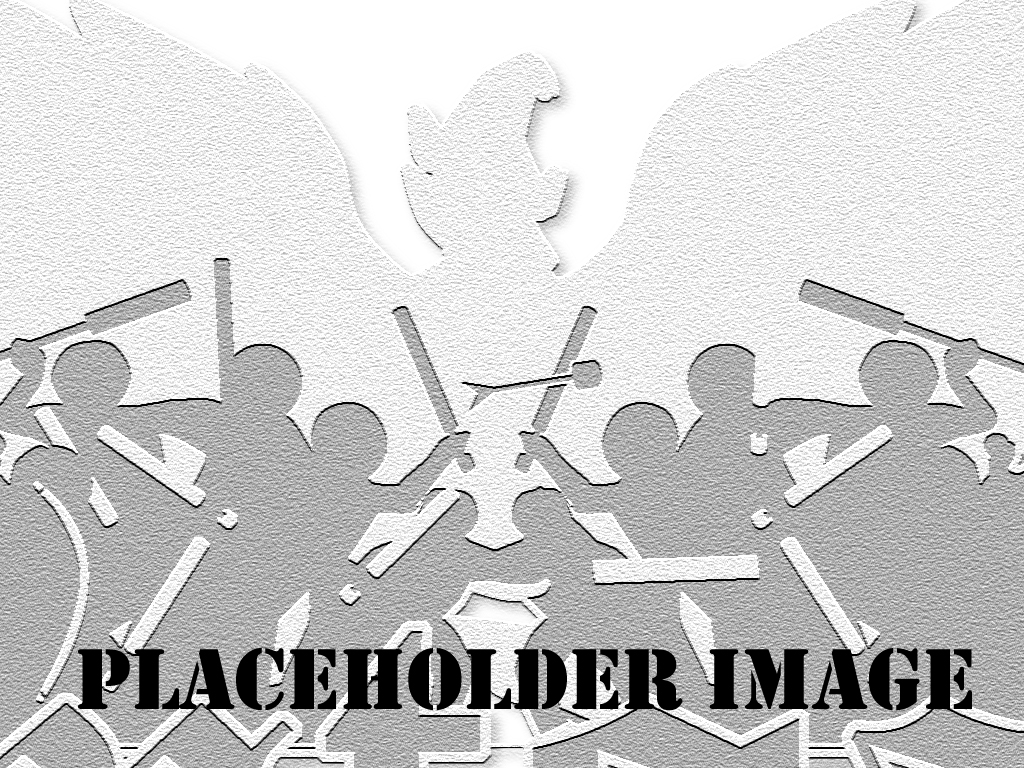Difference between revisions of "V9: Lamellar and Laminar"
From AmtWiki
m (Wunjo's first pass) |
m |
||
| (4 intermediate revisions by 2 users not shown) | |||
| Line 2: | Line 2: | ||
<onlyinclude>=====<u><big>[[V9: Lamellar and Laminar| Lamellar and Laminar]]</big></u>===== | <onlyinclude>=====<u><big>[[V9: Lamellar and Laminar| Lamellar and Laminar]]</big></u>===== | ||
<includeonly>[[File:Armor-Lamellar.jpg| thumb | Placeholder Example]]</includeonly> | <includeonly>[[File:Armor-Lamellar.jpg| thumb | Placeholder Example]]</includeonly> | ||
| − | This style includes [[V9: | + | This style includes [[V9: Physical Armor| armor]] that is constructed from numerous metal plates, connected to each other in an overlapping fashion by cord, chain link, or similar methods. Examples may include lorica segmentata, manica, okegawa-dō, anima, and other styles. Unlike [[V9: Heavy Scale| Heavy Scale]], the plates of this type of armor are firmly connected to each other. Mobility is provided by the small amount of flex and slack in the attachment between the individual plates. |
| − | *Is a [[V9: Armor Tiers|Tier | + | *Is a [[V9: Armor Tiers|Tier 6]] armor style. |
*Must meet the [[V9: Universal Equipment Requirements| Universal Equipment Requirements]]. | *Must meet the [[V9: Universal Equipment Requirements| Universal Equipment Requirements]]. | ||
*Plates must overlap by at least 10%. | *Plates must overlap by at least 10%. | ||
*Plates connect directly to each other without any backing for support. | *Plates connect directly to each other without any backing for support. | ||
*Metal must at least equivalent to Aluminum in density and durability. (2.7g/cm3) | *Metal must at least equivalent to Aluminum in density and durability. (2.7g/cm3) | ||
| − | *The standard for [[V9: | + | *The standard for [[V9: Material Thickness|Material Thickness]] is based on the metal used: |
**Aluminum Plates: 16ga (0.051") (1.291mm) | **Aluminum Plates: 16ga (0.051") (1.291mm) | ||
**Steel Plates: 18ga (0.048") (1.214mm) | **Steel Plates: 18ga (0.048") (1.214mm) | ||
Latest revision as of 06:14, 8 February 2024
This page is part of the Official Amtgard V9 Alpha-Playtest Rulebook.
- The Amtwiki is the official home and primary source for Amtgard V9 Rules as of February 25, 2023.
- These rules are currently in Open Alpha Playtest. See the Playtest Disclaimer for more details.
- To learn more about Amtgard V9 Development, please visit Amtgard.com.
- To view the current Amtgard V8 ruleset, please see the Amtgard V8 Rulebook.
Lamellar and Laminar
This style includes armor that is constructed from numerous metal plates, connected to each other in an overlapping fashion by cord, chain link, or similar methods. Examples may include lorica segmentata, manica, okegawa-dō, anima, and other styles. Unlike Heavy Scale, the plates of this type of armor are firmly connected to each other. Mobility is provided by the small amount of flex and slack in the attachment between the individual plates.
- Is a Tier 6 armor style.
- Must meet the Universal Equipment Requirements.
- Plates must overlap by at least 10%.
- Plates connect directly to each other without any backing for support.
- Metal must at least equivalent to Aluminum in density and durability. (2.7g/cm3)
- The standard for Material Thickness is based on the metal used:
- Aluminum Plates: 16ga (0.051") (1.291mm)
- Steel Plates: 18ga (0.048") (1.214mm)
Armor Styles Tier 1: Cloth/Padded Armor
Tier 2: Light Leather · Butcher's Mail / Sharkmail
Tier 3: Heavy Leather · Chainmail · Rigid Non-Metal Armor
Tier 4: Light Scale
Tier 5: Heavy Scale · Butted Plate
Tier 6: Lamellar and Laminar · Brigandine · Plate
Special: Ambiguous Armor
Physical Armor Gameplay Rules · Construction Rules · Rating Armor & Calculating Armor Points · Armor Styles
Armor General Rules · Natural Armor · Physical Armor
Equipment Equipment Basics · Equipment Use Terms · Weapons · Shields · Armor · Color Code · Visual Indicators



